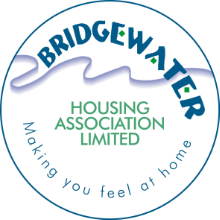Tenant Safety
Legionella bacteria are widespread in the environment, such as natural rivers and lochs. They may also contaminate and grow in artificial water systems such as cooling towers and hot and cold water services. Everyone is potentially susceptible to infection but some people are at higher risk, e.g. those over 45 years of age, smokers and heavy drinkers, those suffering from chronic respiratory or kidney disease and people whose immune system is impaired.
Legionella bacteria can multiply in hot or cold water systems and storage tanks and then be spread in an aerosol form from showers and taps. Although the generally high throughput and relatively low volume of water held in smaller water systems reduces the likelihood of the bacteria reaching dangerous concentrations, the Association is legally required to carry out a risk assessment to identify and assess potential sources of exposure and introduce a course of action to prevent or control identified risks.
We have carried out inspections of all common water tanks in properties that we either own or manage and have where necessary cleaned and flushed the tanks to help stop harmful bacteria, like legionella, from building up in the water system. Some tanks are no longer in use because the resident’s property will have switched to a combi boiler heating system and a mains water supply so no maintenance is required.
If the tank is still in use there is no need to worry about whether the water is safe to use. This type of bacteria is widespread in the environment and as many as 40% of all water systems have small amounts of the bacteria present that do not present any significant risk. The Association will be carrying out annual inspections and maintenance of all common tanks that are still in use so as to ensure the safety and wellbeing of residents.
